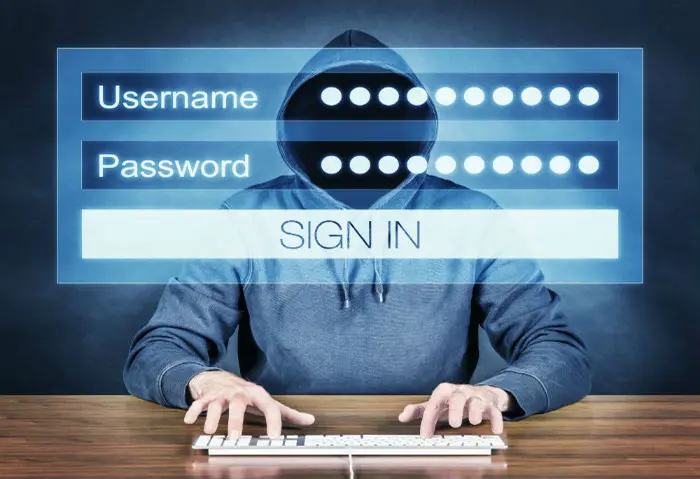A recent analysis by Kaspersky, a worldwide cyber-security and digital privacy organization, has discovered that the number of Trojan-PSW (Password Stealing Ware) detections in Nigeria jumped by as much as 147 per cent in the first quarter of 2022 when compared with the same period of 2021.
Trojan-PSW is a trojan that captures passwords along with other account information, allowing attackers to gain access to the business network and steal critical information.
The firm, in its results published on Monday, stated that small firms in Nigeria are still in danger of exposure to malware and face an 89 per cent spike in Remote Desktop Protocol assaults in 2022.

A total of “2,654 detections” were reported in 2022 “compared to 1,076 in 2021,” the study added. Kaspersky, based in Moscow, provides a complete security portfolio featuring top endpoint protection and a range of specialized security products and services that help battle sophisticated and emerging digital threats.
According to the statement, when a small business owner is lumbered with the obligations of production economics, financial reporting, and marketing all at the same time, cyber-security can frequently look like a difficult, and at times, superfluous, undertaking.
But this disdain for IT security is being abused by fraudsters. Kaspersky said its experts studied the dynamics of assaults on small and medium-sized firms between the first quarter of 2021 and that of 2022 to discover which risks constituted a growing hazard to entrepreneurs.
Key Discoveries About Password Theft In Nigeria

While the number of internet assaults fell in the first four months of 2022 in Nigeria (56,836 infections in 2022 compared to 99,146 infections in 2021), they remain a problem and need to be defended against, Kaspersky warned.
“Even small firms with low IT resources nevertheless need to safeguard all their working equipment, including PCs and mobile phones, from cyber-threats.”
It claimed that with an increasing acceptance of the remote working paradigm, many organizations have implemented Remote Desktop Protocol, a technology that enables PCs on the same corporate network to be linked together and accessed remotely, even while the employees are at home.
In Nigeria, the frequency of assaults on RDP has climbed dramatically, specifically by 89 percent. “In the first four months of 2021, there were 161 000 RDP assaults identified and prevented by Kaspersky in the nation.” For the same period in 2022, the figure has grown to 303,500 attacks, “the statement claimed.
Kaspersky noted that having a specific security solution enables attack visualization and gives IT managers a simple tool for event investigation. “The earlier they can assess where and how a leak happened, the better they will be able to fix any negative consequences.
Denis Parinov, a security researcher, added: “With the transition to remote working and the introduction of several modern technologies into the everyday operations of even small organizations, security measures need to change to accommodate these sophisticated setups.”
Cybercriminals, he observed, are already significantly ahead of the curve, so much so that practically every firm will encounter a breach attempt at some time. For small businesses, the question is not whether a cyber-security incident will occur, but when.
“Having skilled workers and an educated IT-specialist is no longer a luxury but a must-have aspect of your business development,” Parinov stated.
Key Recommendations
The report recommends that business owners offer their personnel basic cyber-security hygiene training, noting that many targeted assaults start with phishing or other social engineering approaches.
The research added that “Using a protection solution for endpoints and mail servers with anti-phishing capabilities helps lower the likelihood of infection through phishing emails.”
Taking important data protection procedures typically protects company data and devices, including employing password protection, encrypting work devices, and ensuring data is backed up.
“Keep work gadgets physically safe; do not leave them unattended in public; always lock them; and use strong passwords and encryption software,” the cyber-security firm warned.
Join Our Telegram Channel For More Exciting Updates Via The Link Below
